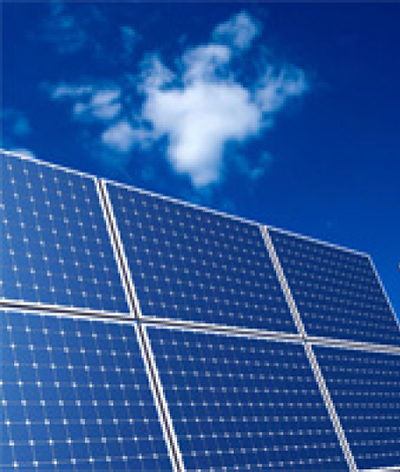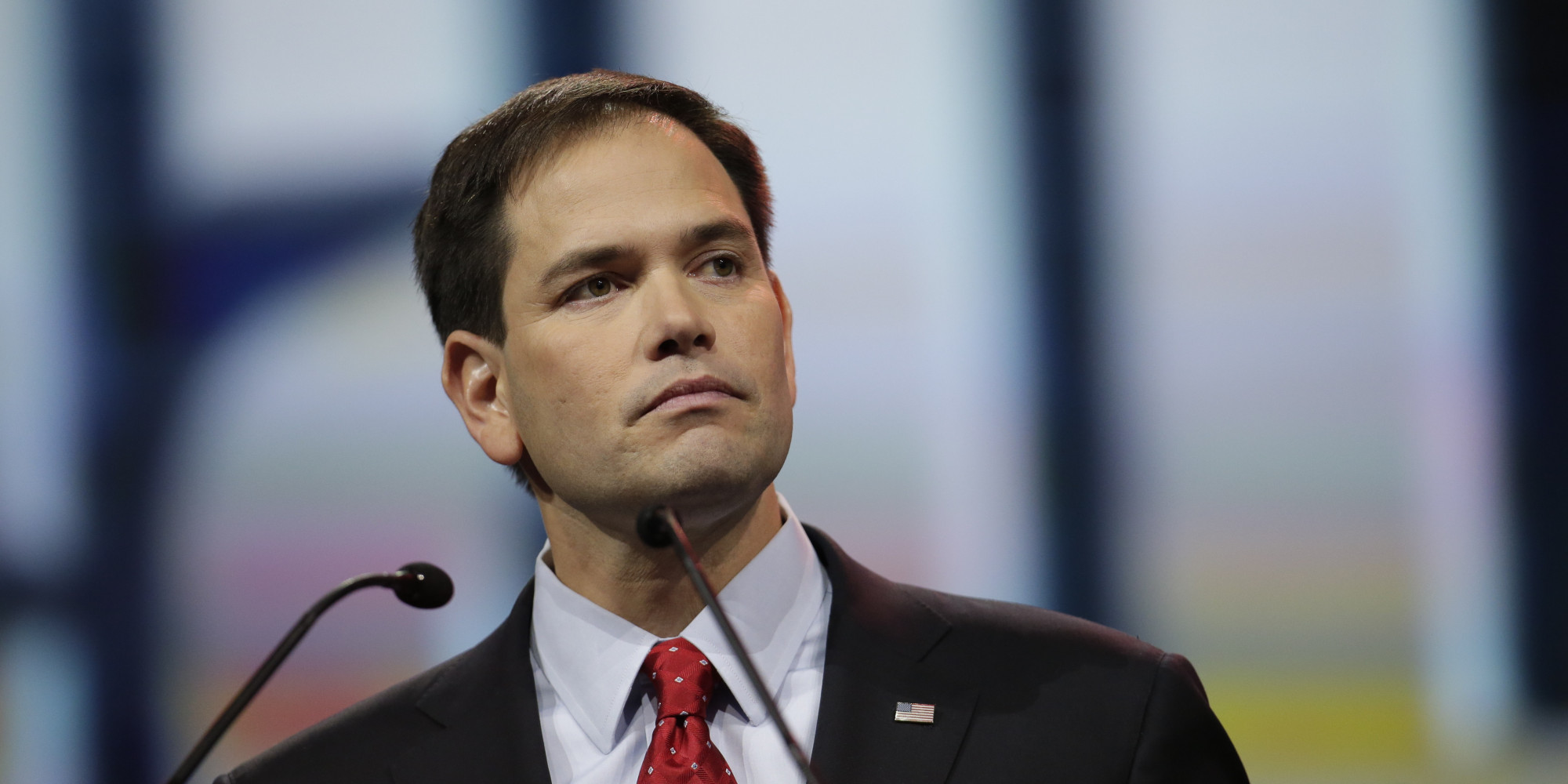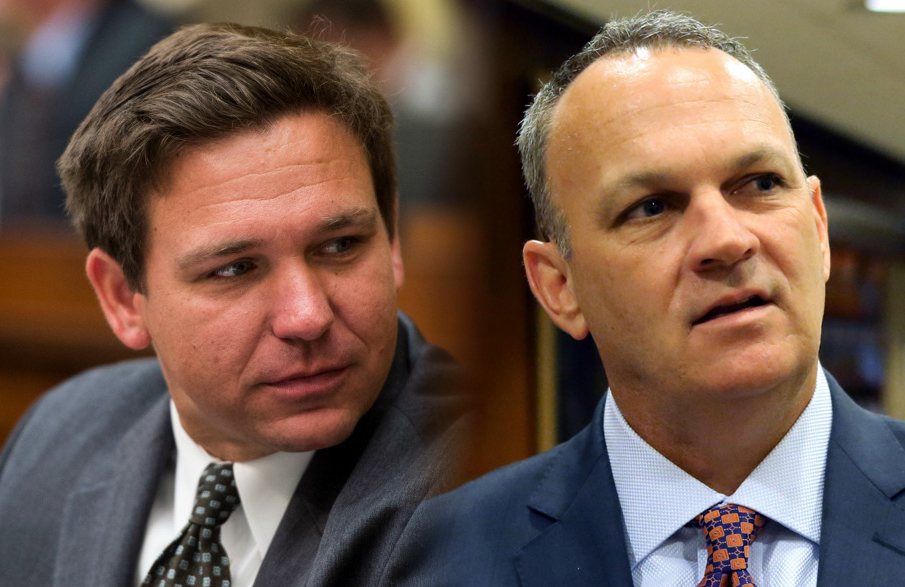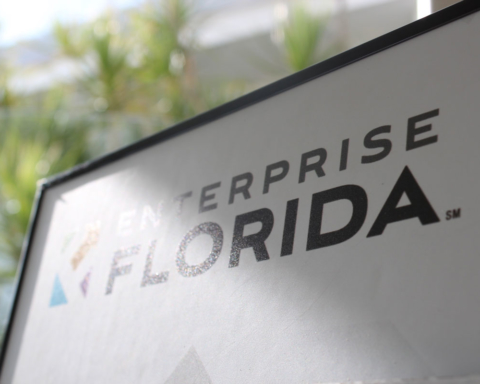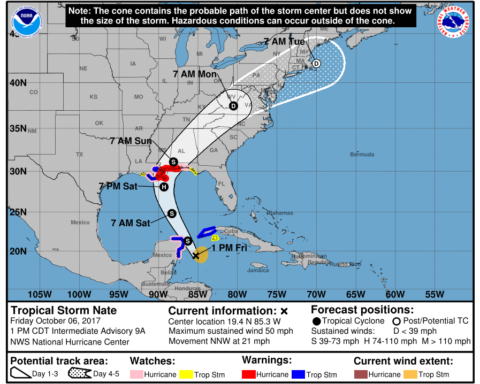As a proposed solar energy initiative gains steam in Florida, an interesting rhetorical battle is also heating up: Americans for Prosperity (AFP) against the Tea Party fringe.
The latest bombast comes from Debbie Dooley, described by American Spectator columnist Jon Cassidy as a “Tea Party eccentric and advocate for solar energy.” Dooley is the outspoken state coördinator of the Georgia Tea Party Patriots.
Dooley calls voters in the Sunshine State to support the Florida Right to Produce and Sell Solar Energy Initiative, lighting a fire under an otherwise dull energy policy ballot initiative.
What gives the current debate some traction are the players. Extremely well-financed groups represent both sides, each with national interests, pitting billionaire environmentalist Tom Steyer against Charles and David Koch, as well as their respective friends, surrogates and allies.
“You might say it represents the moment that the left learned to stop worrying and love dark money instead,” Cassidy says.
Dooley’s base argument for solar? “Florida is sunny,” Cassidy notes. That and the Koch-funded AFP are against it.
The two sides of the debate, he writes:
On one side are people with some understanding of economics, or at least prices, who know that solar power is still roughly twice as expensive as electricity generated from natural gas, which is the source of 90 percent of the state’s power.
On the other side of the debate are people who’ve noticed that Florida sure is sunny. And some of them, after perhaps a few too many hours in the midday sun, have seized on a plan to convince conservatives that their belief in free markets and competition require them to support the industry’s latest bit of rent-seeking cadgery.
Cassidy argues that Dooley tricks conservatives by misrepresenting numbers; accusing AFP — a major Tea Party supporter — of providing “completely false information.” That rift makes good sound bites for journalists looking to portray AFP as simple shills for Koch Industries.
The Kochs need no such fiscal sleight of hand, Cassidy says, as fundamental economic facts support their side.
Gas-based utilities will remain less expensive than solar because gas is still cheaper by half: $2.67 per MMBtu against $5 per MMBtu in sunny Dubai, which just set the benchmark for lower solar costs.
It is true that the solar tech could overtake gas someday, but it’s tough when cheap and abundant natural gas is widely available in the country now.
“So the planet-savers try to disguise the cost difference through financing,” Cassidy says, “hide 30 percent of the cost with a federal tax credit; hide 40 percent by letting solar generators freeload on utility infrastructure.” That’s what solar supporters are looking to do in Florida.
Advocates point to the oil and gas tax breaks and subsidies that supposedly prop up oil drilling and manufacturing costs.
“There is no good economic argument for either of these tax breaks,” write Jerry Taylor and Peter Van Doren of the Cato Institute, co-founded by the Koch Brothers. “They are simply statements that ‘we won’t tax you for the cost of doing business like we would if you were in any other industry because … we like you!’”
Estimates by the Energy Information Agency (EIA) put tax breaks at $2.2 billion for 2013 while the industry saw profits of more than $100 billion in recent years – and the associated tax burdens. Oil tax provisions could be streamlined, Cassidy writes, but, in fact, the oil industry subsidies the U.S. government, not the reverse.
On the other hand, solar energy is nonexistent without subsidies. In 2013, the federal government supports for renewable energy reached $15 billion, with $5.3 billion for solar. That’s up from $1 billion in 2010, mostly from a traditional tax credit that reduces consumer utility bills 30 cents for every dollar spent on solar panels. Solar installers, who would retain ownership of the panel and enjoy the tax breaks, will take every opportunity to abuse it.
One University of Colorado researcher found that many large solar companies methodically inflate sales prices reported to the government.
Investor-owned utilities spent $103 billion on overhead in 2014. Some trade groups say spending from 2003-2016 will be nearly $1 trillion; 42 percent of that goes to electricity cost. According to the EIA, the remaining 58 percent goes toward energy generation. Those costs are not seen in a typical utility bill, based on fixed costs.
“Everybody else is losing money on solar,” Cassidy concludes. “The taxpayers, the utilities, the solar companies themselves, but it’s nice to think a few homeowners might recoup their costs and then some 20 years down the line.”
But, as Dooley would note, Florida is pretty sunny.

